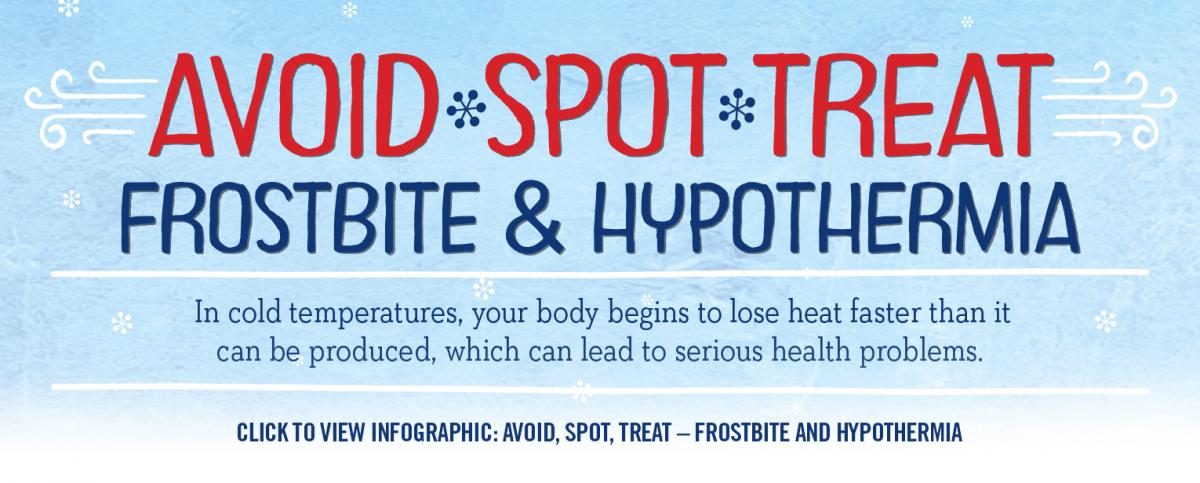 With bitterly cold weather and snow developing being prepared is the key to staying safe in these types of weather conditions. Below are some tips to help you prepare for extreme winter weather.
With bitterly cold weather and snow developing being prepared is the key to staying safe in these types of weather conditions. Below are some tips to help you prepare for extreme winter weather.
Home Emergency Supplies
Winter has arrived and you should stockpile the following supplies in the event a winter storm or power outage prevents you from leaving your home.
- Flashlights and extra batteries
- Battery-operated radio and extra batteries
- Emergency non-perishable foods that do not require refrigeration
- Non-electric can opener
- Bottled water
- One week supply of essential medicines
- Extra blankets and sleeping bags
- First aid kit and manual
- Fire extinguisher
- Emergency heating equipment used properly
For more information visit: http://www.dhses.ny.gov/oem/safety-info/kits/
Preventing Hypothermia and Frostbite
Wear warm clothing that covers your skin and remove any wet clothing immediately. Limit your time outdoors. Watch for signs of hypothermia and frostbite among elderly adults, babies, people drinking alcohol, and others at risk. Seek immediate medical attention if you suspect someone has hypothermia or frostbite. To learn more, call 1-800-CDC-INFO.
Protecting Water Pipes
To prevent the mess and aggravation of frozen water pipes, protect your home, apartment or business by following the simple steps below.
Keep Pipes from Freezing:
- Wrap pipes in insulation or layers of old newspapers
- Cover the newspapers with plastic to keep out moisture
- Let faucets drip a little to avoid freezing
- Know how to shut off water valves
Before Cold Weather
- Locate and insulate pipes most susceptible to freezing, typically those near outer walls, in crawl spaces or in the attic.
- Wrap pipes with heat tape (UL approved).
- Seal any leaks that allow cold air inside where pipes are located.
- Disconnect garden hoses and shut off and drain water from pipes leading to outside faucets. This reduces the chance of freezing in the short span of pipe just inside the house.
When It's Cold
- Let hot and cold water trickle at night from a faucet on an outside wall.
- Open cabinet doors to allow more heat to get to un-insulated pipes under a sink or appliance near an outer wall.
- Make sure heat is left on and set no lower than 55 degrees.
- If you plan to be away: 1. Have someone check your house daily to make sure the heat is still on to prevent freezing, or 2. drain and shut off the water system (except indoor sprinkler systems).
If Pipes Freeze
- Make sure you and your family know how to shut off the water, in case pipes burst. Stopping the water flow minimize the damage to your home. Call a plumber and contact your insurance agent.
- Never try to thaw a pipe with an open flame or torch.
- Always be careful of the potential for electric shock in and around standing water.
If The Lights Go Out
If you lose electrical service during the winter, follow these tips:
- Call your utility first to determine area repair schedules. Turn off or unplug lights and appliances to prevent a circuit overload when service is restored. Leave one light on to indicate power has been restored.
- To help prevent freezing pipes, turn on faucets slightly. Running water will not freeze as quickly.
- Keep refrigerator and freezer doors closed as much as possible to help reduce food spoilage.
- Make sure fuel space heaters are used with proper ventilation.
- Protect yourself from carbon monoxide poisoning:
- DO NOT operate generators indoors; the motor emits deadly carbon monoxide gas.
- DO NOT use charcoal to cook indoors. It, too, can cause a buildup of carbon monoxide gas.
- DO NOT use your gas oven to heat your home - prolonged use of an open oven in a closed house can create carbon monoxide gas.
Fire Safety
Wood-burning stoves, fireplaces, and heaters can add a cozy glow, but make sure you are using them safely.
- Always keep a screen around an open flame.
- Never use gasoline to start your fireplace.
- Never burn charcoal indoors.
- Do not close the damper when ashes are hot.
- When using alternative heat sources such as a fireplace, woodstove, etc. always make sure you have proper ventilation. Keep curtains, towels, and potholders away from hot surfaces.
- Have your chimney checked before the season for creosote buildup - and then clean it.
- Have a fire extinguisher and smoke detectors ... and make sure they work!
- Establish a well-planned escape route for the entire family.
Staying Warm Indoors
Losing your heat when winters winds are howling is not pleasant. However, by following the following simple tips, you will weather the storm more comfortably. If your heat goes out during a winter storm:
- You can keep warm by closing off rooms you do not need.
- Use only safe sources of alternative heat such as a fireplace, small well-vented wood or coal stove or portable space heaters. Always follow manufacturers instructions.
- Dress in layers of lightweight clothing and wear a cap.
- Eat well-balanced meals.
More Winter Weather Tips:
http://www.dhses.ny.gov/oem/safety-info/winter/home.cfm
https://www.cdc.gov/disasters/winter/psa/index.html
https://www.ready.gov/winter-weather
https://www.cdc.gov/phpr/documents/hypothermia-frostbite_508.pdf
This information was brought to you by Herkimer – Oneida Organizations Active in Disaster (HOOAD).
HOOAD is a humanitarian association of independent organizations who may be active in any or all phases of disaster including preparedness, response, recovery, and mitigation. The HOOAD is a regional counterpart to the New York State Voluntary Organizations Active in Disaster (NYSVOAD) and a partner with the National VOAD. If anyone is interested in joining our group or for additional information they can contact Kathy Fox at 315-867-1125.

